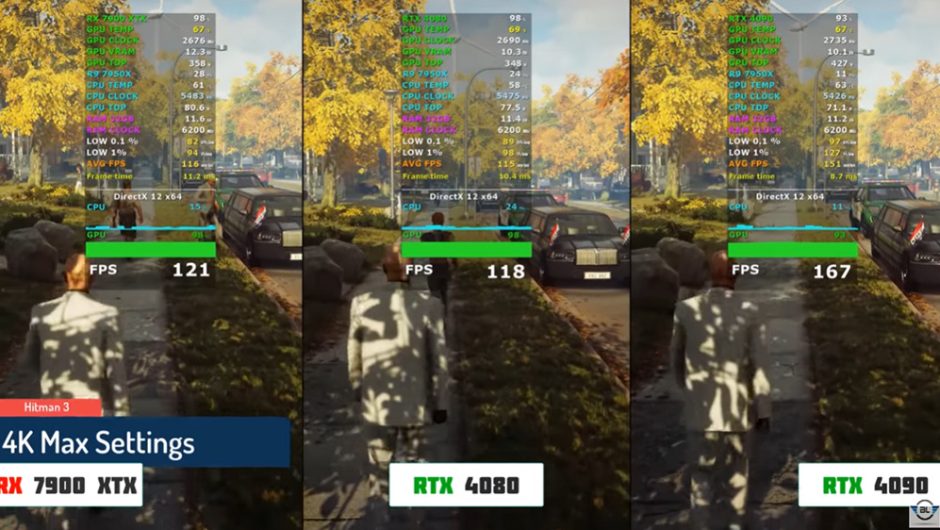CD Projekt RED uses the help of famous MOD developers. A fan of the game confirmed that his team was hired by a Polish studio and that the authors will work on improving and expanding Cyberpunk 2077.
YouTube Open World Games has collected interesting facts about Cyberpunk 2077, and one of the most important information in the past days is undoubtedly the CD Projekt RED movement that decided to hire talented fans to develop the adventure with Night City.
CD Projekt RED has been reached for the support of the authors of WolvenKit – it is a tool for the modifiers of The Witcher 3: Wild Hunt and Cyberpunk 2077. The team’s vision was to create a standalone program that would allow easy development of mods on a Polish studio site. WolvenKit is designed to “simplify and speed up the process” of mod development.
It was the creators of WolvenKit who received the offer to collaborate with CD Projekt RED – The team will help in the modification, but also “It will help take Cyberpunk 2077 to the next level”.

It is certainly an interesting situation that confirms that CD Projekt wants to develop its games with the support of the community. Information about the upgrade for The Witcher 3: Wild Hunt has already been released – In the next generation version, we can find the works of mod makers.
Source: YouTube.com
https://www.reddit.com/r/cyberpunkgame/comments/pee5pz/creators_of_wolvenkit_modding_tools_for_witcher_3/







